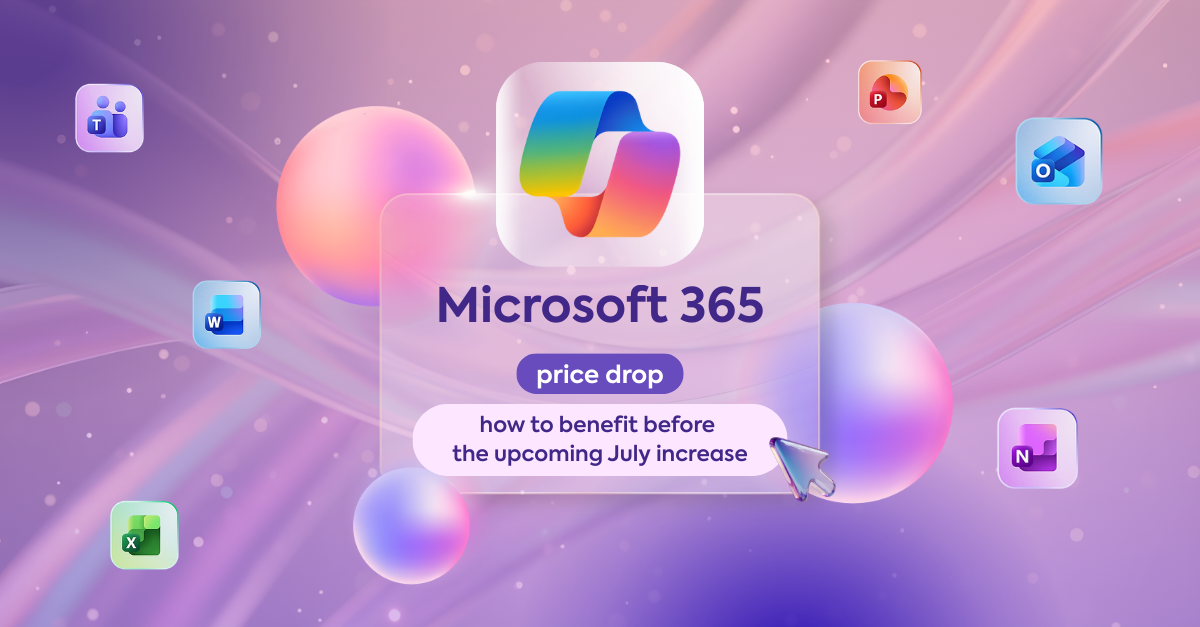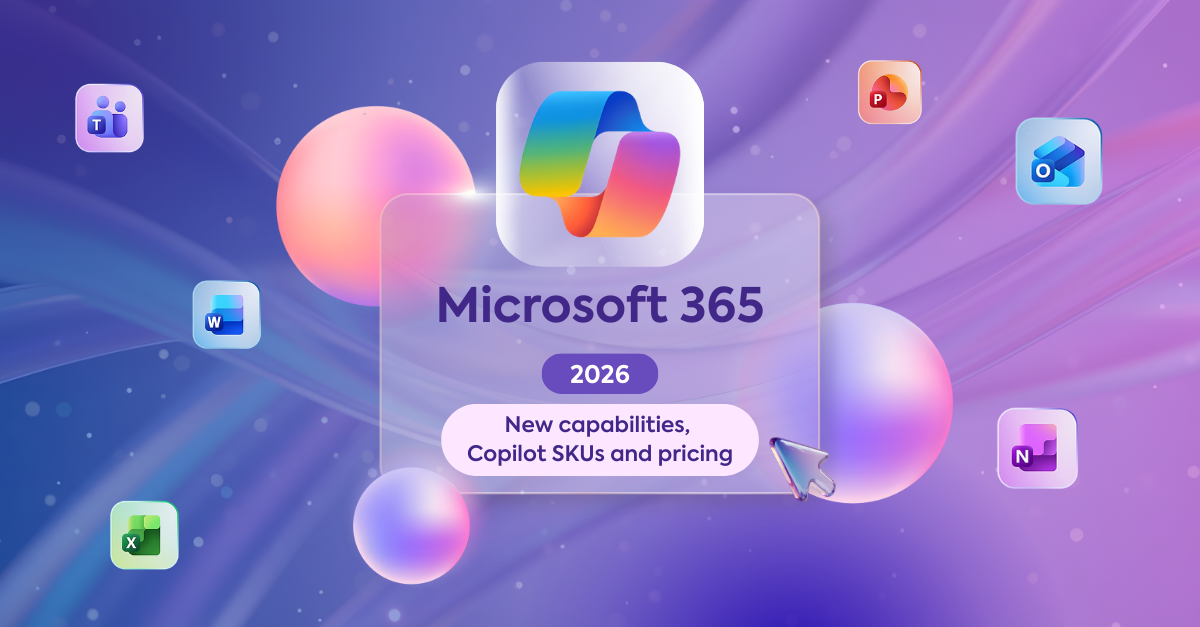What is Microsoft Azure?
Azure is a public cloud platform that enables you to meet today's challenges. It consists of more than 200 cloud products and services that allow you to quickly and easily build, deploy, and manage complex internal, public, and business services and applications.
This solution offers infinite flexibility, whether your data is located in multiple clouds (public or private) or whether you retain or partially expand your on-premises infrastructure. Microsoft Azure fits perfectly with today's hybrid needs, without heavy investment.

Overview of the features and services offered by Microsoft Azure
Azure offers developers unlimited capabilities coupled with unparalleled productivity and value. Whether you want to build virtual networks, take data to the next level with machine learning or artificial intelligence. Azure offers a multitude of web services that you can put to good use.

Plan your trip in the cloud
Discuss your project with an expert.
Flexible, easy and always up to date.
Turn your ideas into action
Infrastructure, platforms and/or software (IaaS, PaaS, SaaS). Whether it's custom, third-party or Microsoft applications, the Azure cloud lets you build, use and manage all kinds of apps. It supports multiple programming languages, frameworks, operating systems, databases and devices.
Security, compatibility and redundancy
By continually investing in the latest technologies, Microsoft provides a scalable and secure cloud environment. Your data is owned by you and has redundancy at all times with two real-time copies. Azure offers a wide range of hybrid connections, including VPNs, caches, CDNs, ExpressRoute or MPLS to connect different sites.
Optimized costs
With the right configuration, you ensure maximum continuity and productivity. You pay according to your usage and never a penny too much. Infrastructure is rarely 100% cloud or 100% on-premises: the best combinations are achieved by well-balanced hybrid configurations (public cloud and private cloud or on-premises).
A hybrid cloud as a bridge-builder
With a hybrid cloud, you get the best of both worlds. In a hybrid model (combination of public cloud and/or private cloud and/or on-premise), you benefit from an easier migration. This way you can seamlessly combine your existing infrastructure with the latest technologies.
- For example: You can choose to keep business-critical data in-house or have it hosted in a private cloud, managed by a cloud provider for maximum security and continuous monitoring. On the other hand, you can choose to run less critical applications in the public cloud for optimal scalability at low cost.
- There are many benefits associated with hybrid cloud: faster implementation, less complex migration, greater control and flexibility, and most importantly, complete tailoring to your needs.






